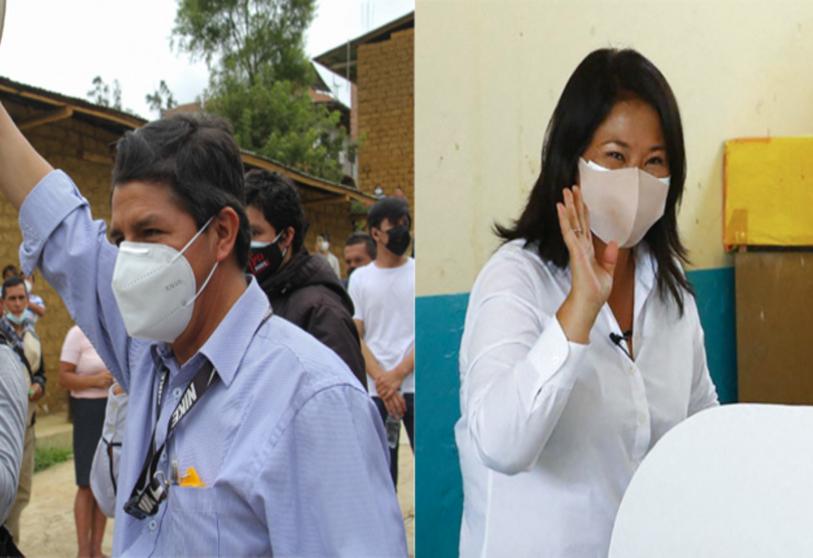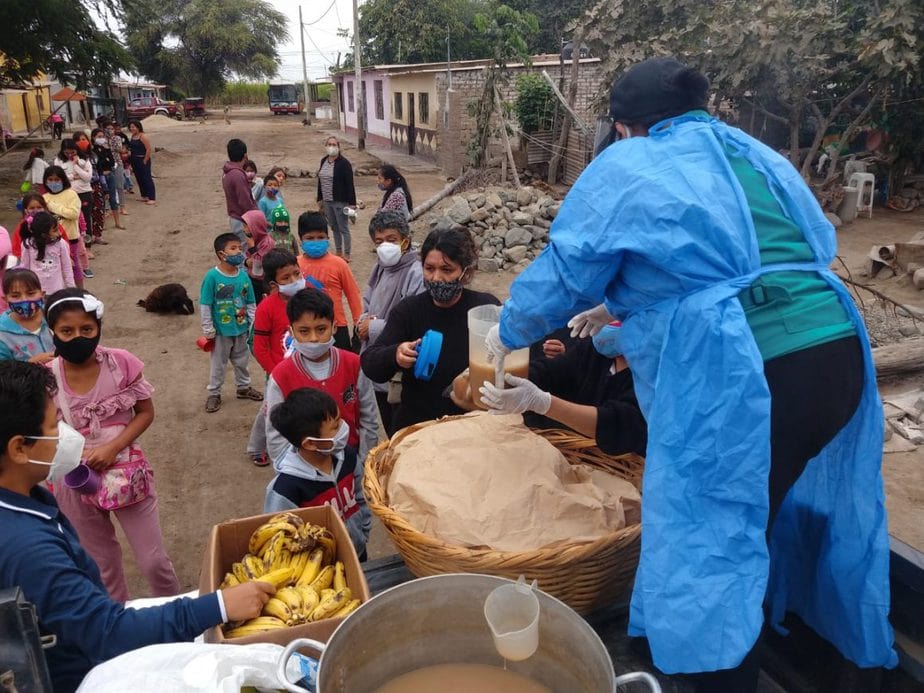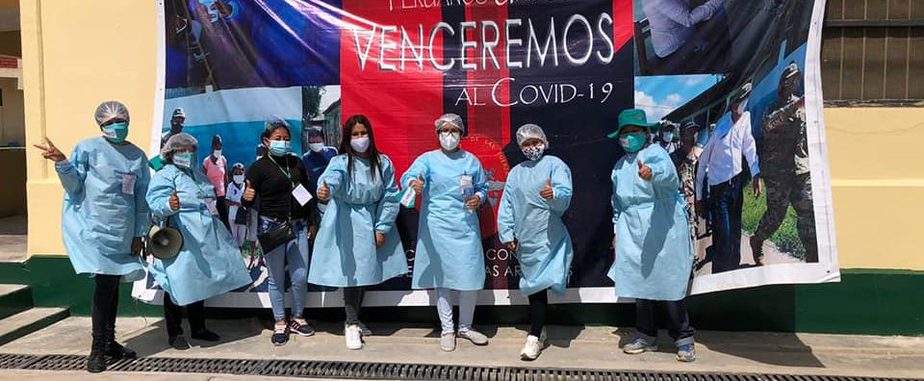Peru is struggling with a fierce second wave of the coronavirus that last week saw 384 fatalities in a single day. More than 55,000 people have died from COVID-19 since the pandemic began.
General elections last Sunday highlighted public frustration with a political class whose dealings have aggravated the health crisis. Six presidential frontrunners competed for popular support but none of them received the 50% plus one required to avoid a runoff election in June.
Preliminary results indicate the face-off in June will be between Keiko Fujimori, who faces criminal charges for money laundering, and Pedro Castillo, a populist who has promised a shift to the left economically but also reversals in some policies that advance the rights of women and same-sex couples.
(Listen to our Tapestry 2030 podcast to learn how Heart-Links partner Centro Santa Angela
is fostering a different kind of leadership in Peru.)

Many observers see another winner: more than 2 millions voters (over 12%) left their ballots blank. Since voting in Peru is mandatory, this is one way voters demonstrate their opposition to the candidates or to the process itself.
After lining up at the polls, many voters then went to line up to buy oxygen tanks for sick relatives. Unlike in Canada, when people in Peru are hospitalized, they usually have to provide supplies like oxygen themselves. Oxygen costs about $7 per cubic metre. COVID-19 tests range from $50 to $75 each. (Minimum wage is $370 per month.)
The human and economic devastation wrought by COVID-19 plus the failures of the country’s leaders have many people despairing for the future. “I feel like we’ve hit rock bottom,” one of Heart-Links partners told us. “It’s going to take years to dig ourselves out of this hole.”

But the commitment to building a different future is also there. In the coming year, our partners will continue to help the people in their communities through programs that offer emotional and material support and a path forward.
- Centro Esperanza will help the people of San Isidro develop their sustainable chicken hatchery.
- Latidos will support families and individuals in need in the Zaña Valley with educational materials, nutritious food and mental health counselling.
- The Rural Libraries Network is investing in technology so they can continue to support literacy and preserve and promote Indigenous knowledge in remote communities in Cajamarca.
These and other vital programs and projects are what your donations make possible.

